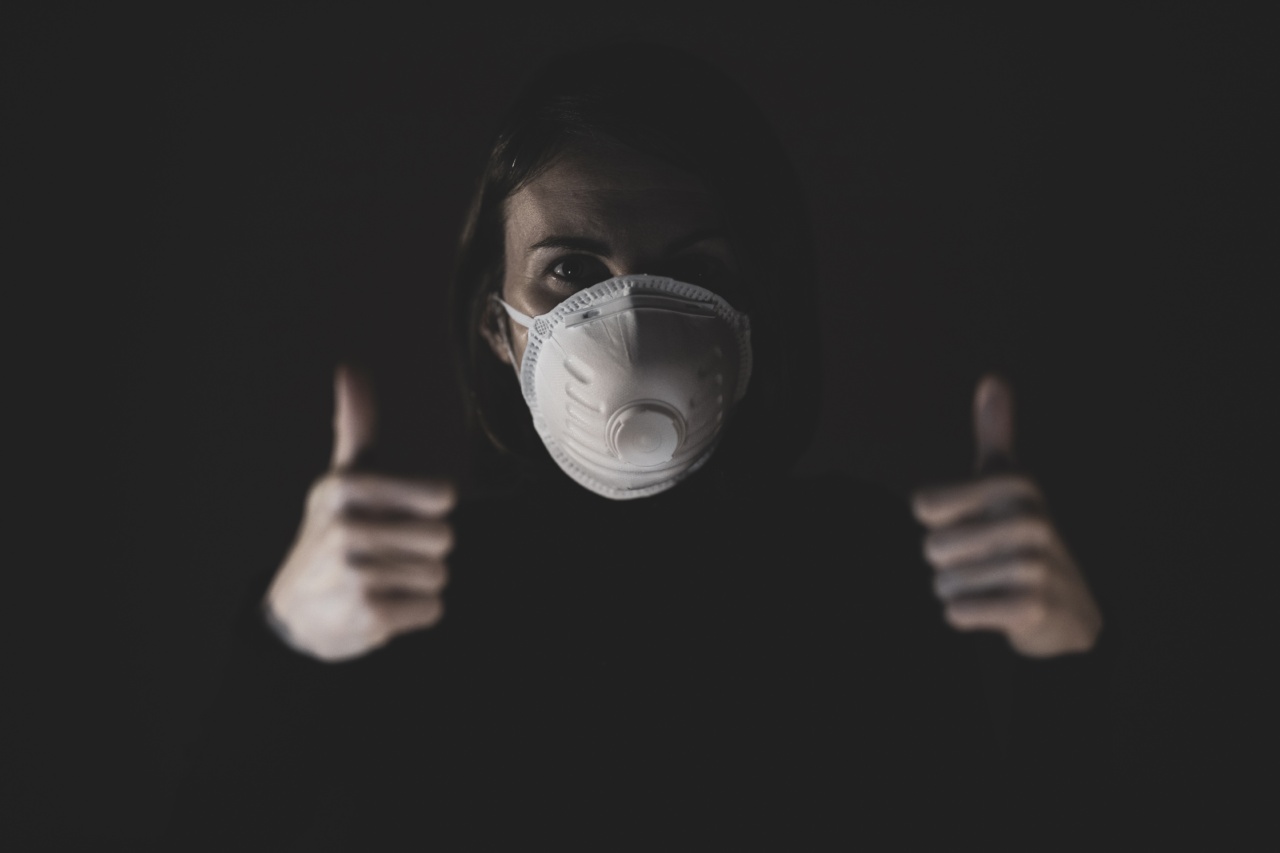The common cold is a contagious respiratory illness caused by a virus. It is one of the most common illnesses and typically lasts around a week. Although it is generally a benign illness, for some people, it can lead to serious complications.
One of the most common cold complications is pneumonia, especially in elderly people. In this article, we will explore the risk factors of the common cold and how to prevent it.
Risk Factors of the Common Cold
The risk factors of the common cold are:.
1. Age
People over the age of 65 are at an increased risk of getting the common cold. This is because their immune systems are weaker compared to younger people.
2. Weakened Immune System
If a person has a weakened immune system due to chronic illnesses such as HIV/AIDS, cancer, or autoimmune diseases, they are more susceptible to getting the common cold.
3. Exposure to the Common Cold Virus
If a person is exposed to the common cold virus, they are more likely to get infected. The virus spreads through contact with an infected person’s respiratory secretions, such as coughing, sneezing, or even talking.
4. Lack of Sleep
People who don’t get enough sleep are more susceptible to getting the common cold. Lack of sleep weakens the immune system, making it easier for the virus to take hold.
5. Smoking
People who smoke are more susceptible to getting the common cold because smoking weakens the immune system and damages the respiratory system.
Prevention of the Common Cold
The following preventive measures can help you avoid getting the common cold:.
1. Wash Your Hands
Washing your hands regularly can help prevent the spread of the common cold virus. Use soap and water, and rub your hands together for at least 20 seconds before rinsing.
2. Use Hand Sanitizer
If you don’t have access to soap and water, use an alcohol-based hand sanitizer. Rub your hands together until they are completely dry.
3. Avoid Close Contact
Avoid close contact with people who have the common cold. Avoid shaking hands, sharing cups or utensils, and kissing.
4. Cover Your Mouth and Nose
Cover your mouth and nose with a tissue or your sleeve when you cough or sneeze. This can help prevent the spread of the virus.
5. Stay Home if You’re Sick
If you have the common cold, stay home until your symptoms go away. This can prevent the virus from spreading to others.
6. Drink Plenty of Fluids
Drinking plenty of fluids, such as water, juice, and tea, can help keep you hydrated and boost your immune system.
7. Eat a Healthy Diet
Eating a healthy diet that includes plenty of fruits and vegetables can help boost your immune system, making you less susceptible to getting the common cold.
8. Quit Smoking
If you smoke, quit. Smoking weakens the immune system and damages the respiratory system, making you more susceptible to getting the common cold.
Conclusion
The common cold is a contagious respiratory illness caused by a virus. Although it is generally a benign illness, for some people, it can lead to serious complications.
By knowing the risk factors and taking preventive measures, we can avoid getting the common cold and help prevent the spread of the virus.






























